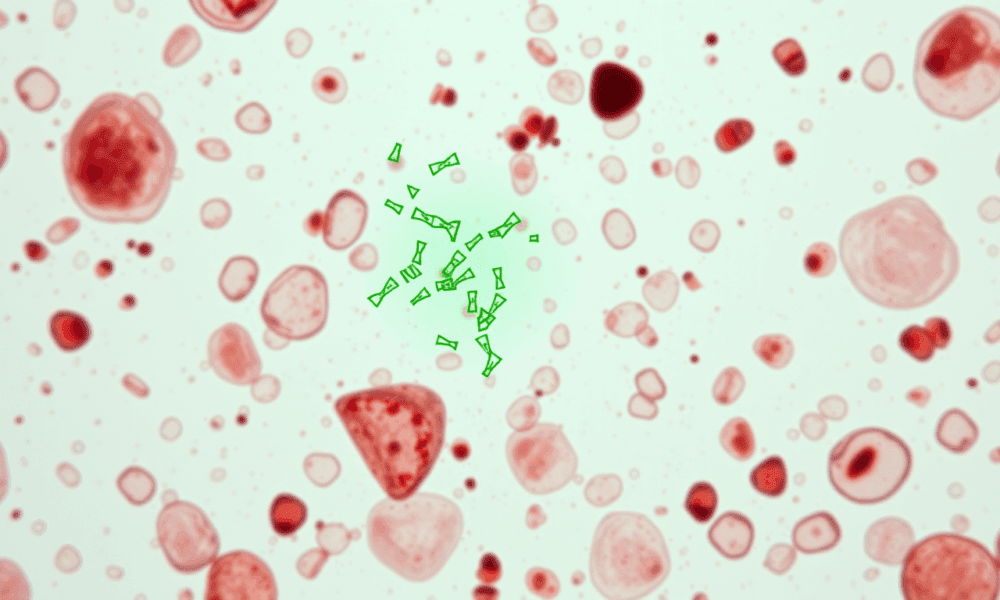
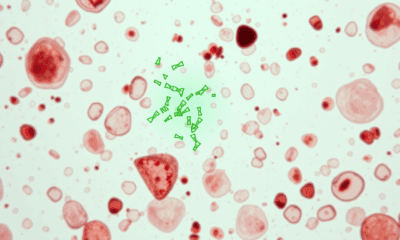

Monitoring blood levels of DNA fragments shed by dying tumor cells may accurately predict skin cancer recurrence, a new study shows.
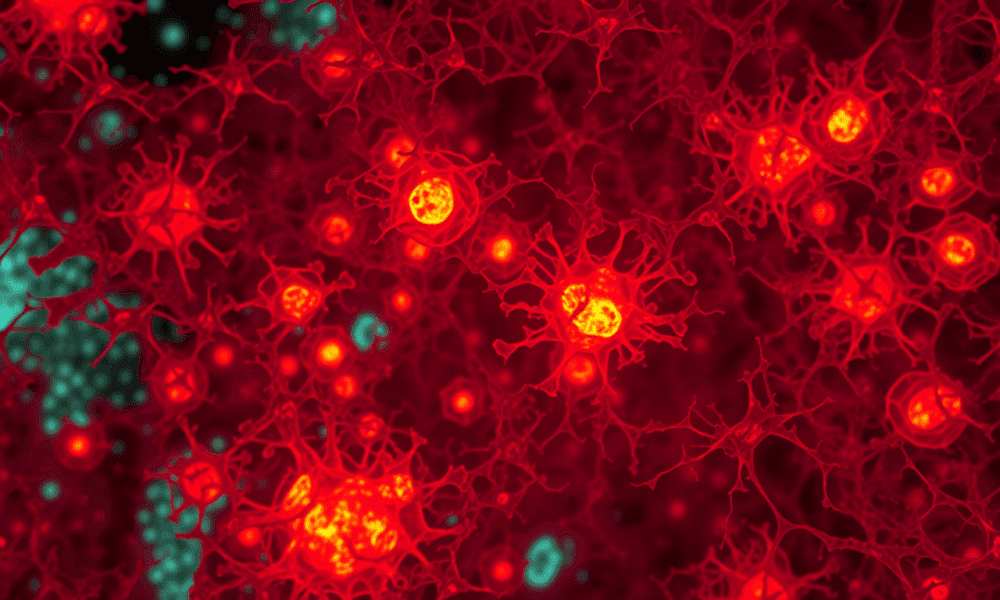
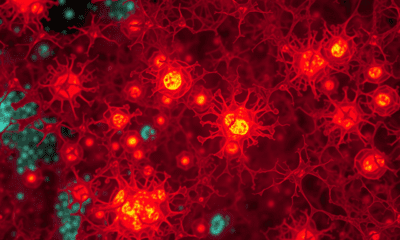

A study demonstrates the role of the Galectin-1 protein in the nucleus of the cells surrounding the tumor -- fibroblasts -- contributing to their activation. Activated...



Scientists have developed a new type of handheld multi-purpose radiation detector that comprehensively detects all types of ionizing radiation. The device can be used by industrial...
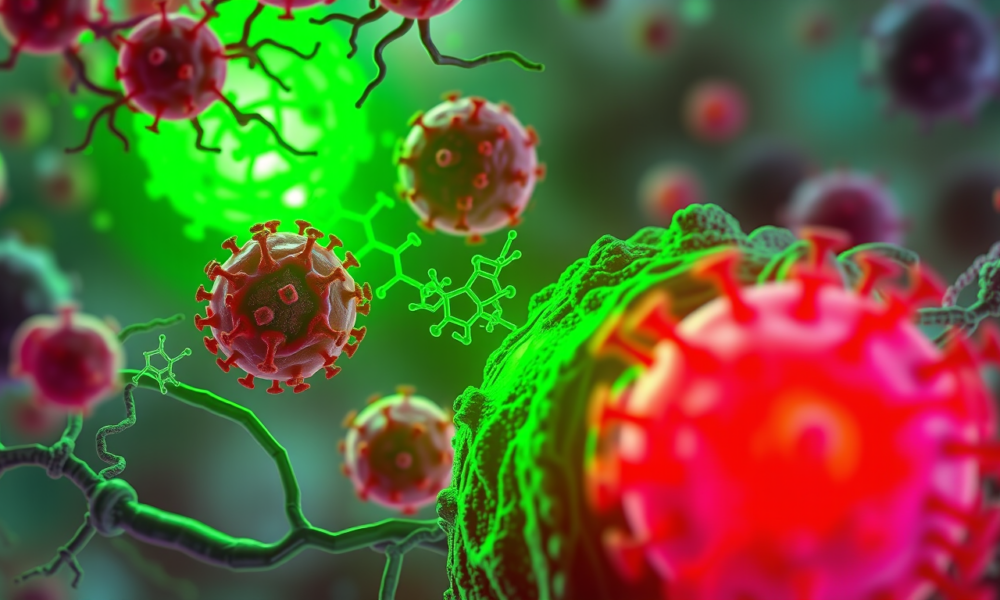
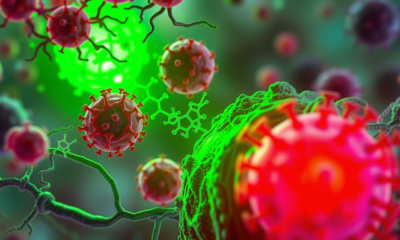

Bacteria naturally present in the human intestine (known as the gut microbiota) can transform cholesterol-derived bile acids into powerful metabolites that strengthen anti-cancer immunity by blocking...

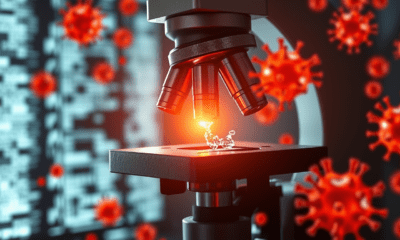

The powerful potential of nano technologies and AI to detect oral cancer earlier and more accurately have been revealed by a new study.



Researchers have found that tapping into the body's own immune system and activating a type of immune cell known as B cells, could be the key...
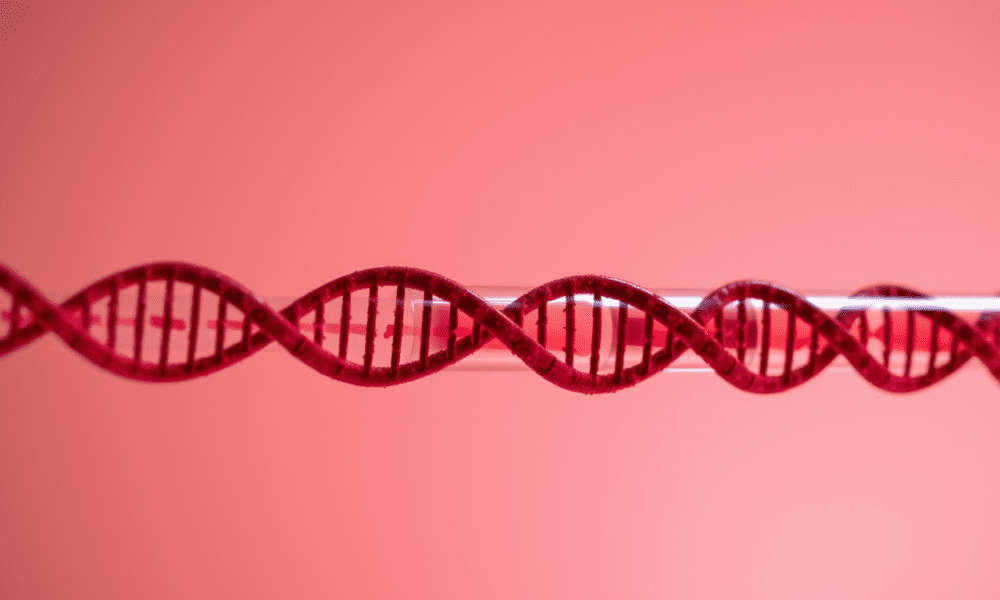
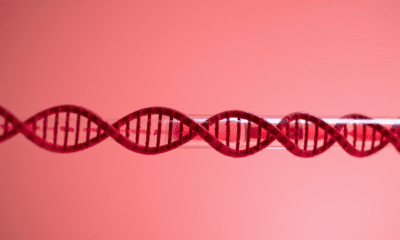

A new, error-corrected method for detecting cancer from blood samples is much more sensitive and accurate than prior methods and may be useful for monitoring disease...
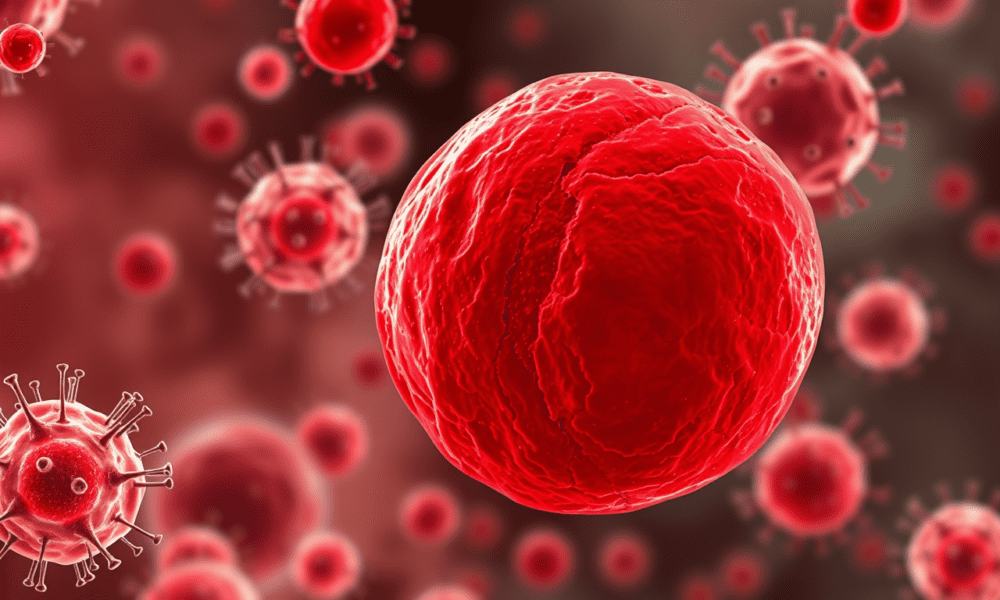
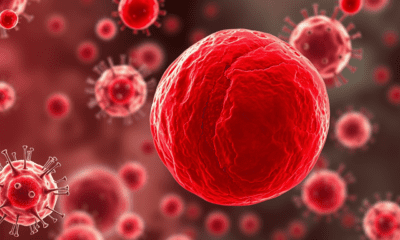

Researchers have explored the evolution of the genetic change that causes chronic myeloid leukaemia and show its ability to drive the disease.
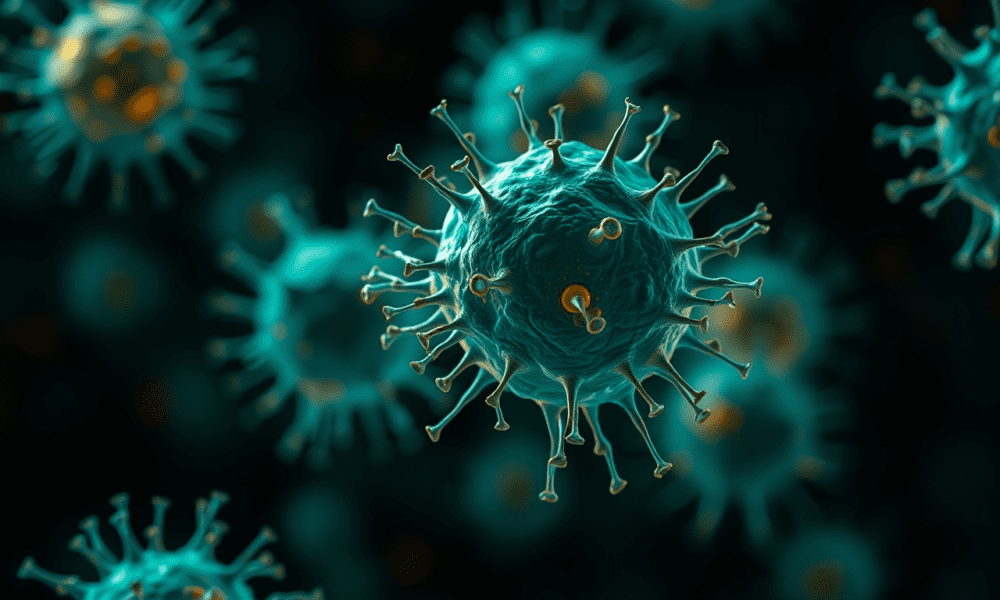
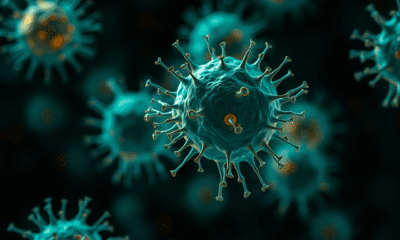

A multi-institutional team developed a chimeric antigen receptor (CAR) T cell-based strategy for specifically targeting AML cells in patients who relapsed following other treatments. The team...



Cancer diagnoses traditionally require invasive or labor-intensive procedures such as tissue biopsies. Now, research reveals a method that uses pulsed infrared light to identify molecular profiles...